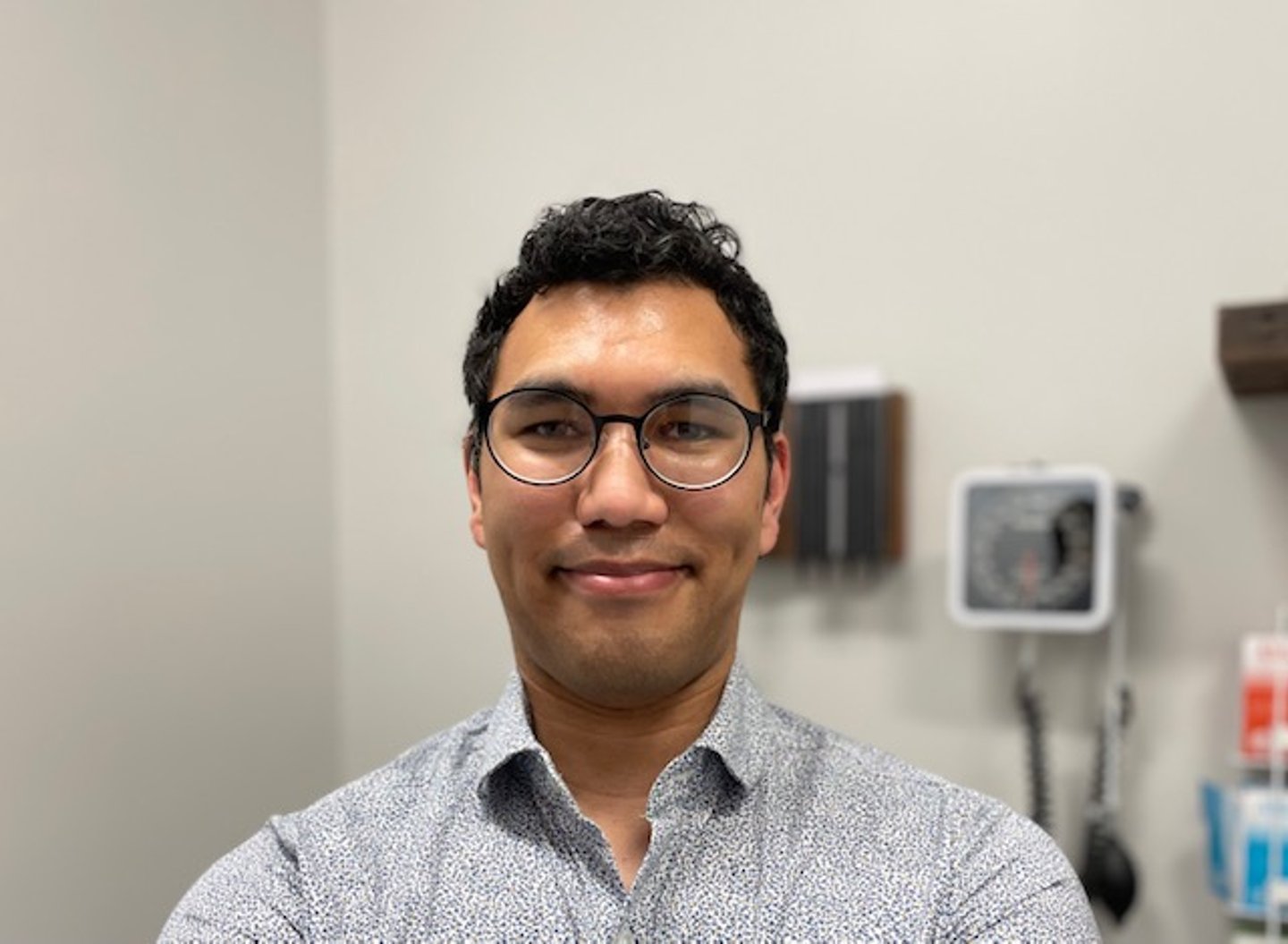Young Leader in Pharmacy Colin Fee: "Young leaders are continuing to push the envelope for what we can do as pharmacists."
Snapshot
Education
UBC Bachelor of Pharmacy, 2016
UBC Doctor of Pharmacy, 2020 – Current
Current role
I’m a clinical pharmacist in a longitudinal primary care medical clinic providing team-based care with a patient-centred approach. I’m the first pharmacist in British Columbia to have an MSP billing number, which reflects the level of care I provide to our patients as a pharmacist in an outpatient clinic setting. In addition, I am the quality improvement lead of our practice, which means I manage the patient panels of our providers and organize ongoing quality improvement projects to improve patient care and outcomes.
What excites you about being a pharmacist?
The scope of a pharmacist is continually expanding across Canada. This excites me because I’m in a position where I’m on the forefront of contributing to the framework of our expanded scope of practice. In addition, being able to provide pharmaceutical care through patient-specific recommendations is another aspect of being a pharmacist that excites me. This is an irreplaceable skill that will never be overlooked by our colleagues.
When you graduated, what did you envision for your future?
When I graduated, I envisioned opening my own independent pharmacy with a clinical focus on patient care. My dream pharmacy would be completely different from all other pharmacies and utilize similar concepts, frameworks, and workflows as the UBC Pharmacists Clinic that currently exists. I wanted to bring all the clinical fundamentals that I learned during my undergraduate training with me to my pharmacy practice.
How has your career evolved since your graduation?
I’ve done a lot within the realm of pharmacy since my graduation. I’ve worked in both large and small retail pharmacies and hospitals as a staff pharmacist. When I first graduated, I developed a website to prepare for the pharmacy board exams as I found all paid resources were either too expensive or out of date when I was a student.
Currently, I am a clinical pharmacist working in a longitudinal primary care medical clinic working alongside a team that consists of 8 physicians, 3 nurse practitioners, and 2 registered nurses. Being privately funded allows me to utilize my full scope of practice such as physical exams to determine safety and efficacy of drug therapy, ordering bloodwork to monitor drug therapy, and making collaborative medication adjustments within healthcare team. I’m also a practice educator for the UBC Faculty of Pharmacy while assisting with the COVID-19 vaccination clinics with Fraser Health and Vancouver Coastal Health. Last year I became a certified diabetes educator, which has bolstered the management of my complex diabetic patients. I’m currently manufacturing a natural health product that Health Canada has recently authorized.
How would you describe a great day at work?
A great day of work for me is one where I go home knowing that I made a difference. This usually means empowering my patients and knowing that they trust the information, recommendations, and actions that I take to improve their health.
How important is mentoring in your career?
I would put mentoring as a top priority in my career. As a young graduate pharmacist, I was very fortunate to have a mentor who was experienced in pharmacy. He instilled values and skills in my practice which I still use to this day. Since then, I’ve made it a habit to continually become a mentor for new pharmacists and pharmacy students either through networking or as a practice educator at UBC.
How are young leaders paving the way for changes in the pharmacy profession?
Young leaders are continuing to push the envelope for what we can do as pharmacists. Not only do they push to expand and utilize their full scope of practice, but I’m noticing more young leaders combining other fields such as technology or the pharmaceutical industry to further support pharmacy practice.
What advice would you give to new pharmacy graduates?
Be a change leader. Don’t be afraid to utilize what you’ve learned in school. Advocate for what pharmacists could and should do, not what pharmacists are currently doing. And make sure that your compensation adequately reflects what we were trained to do. Don’t sell yourself short when looking for a job, especially as pharmacist wages are decreasing across Canada.

